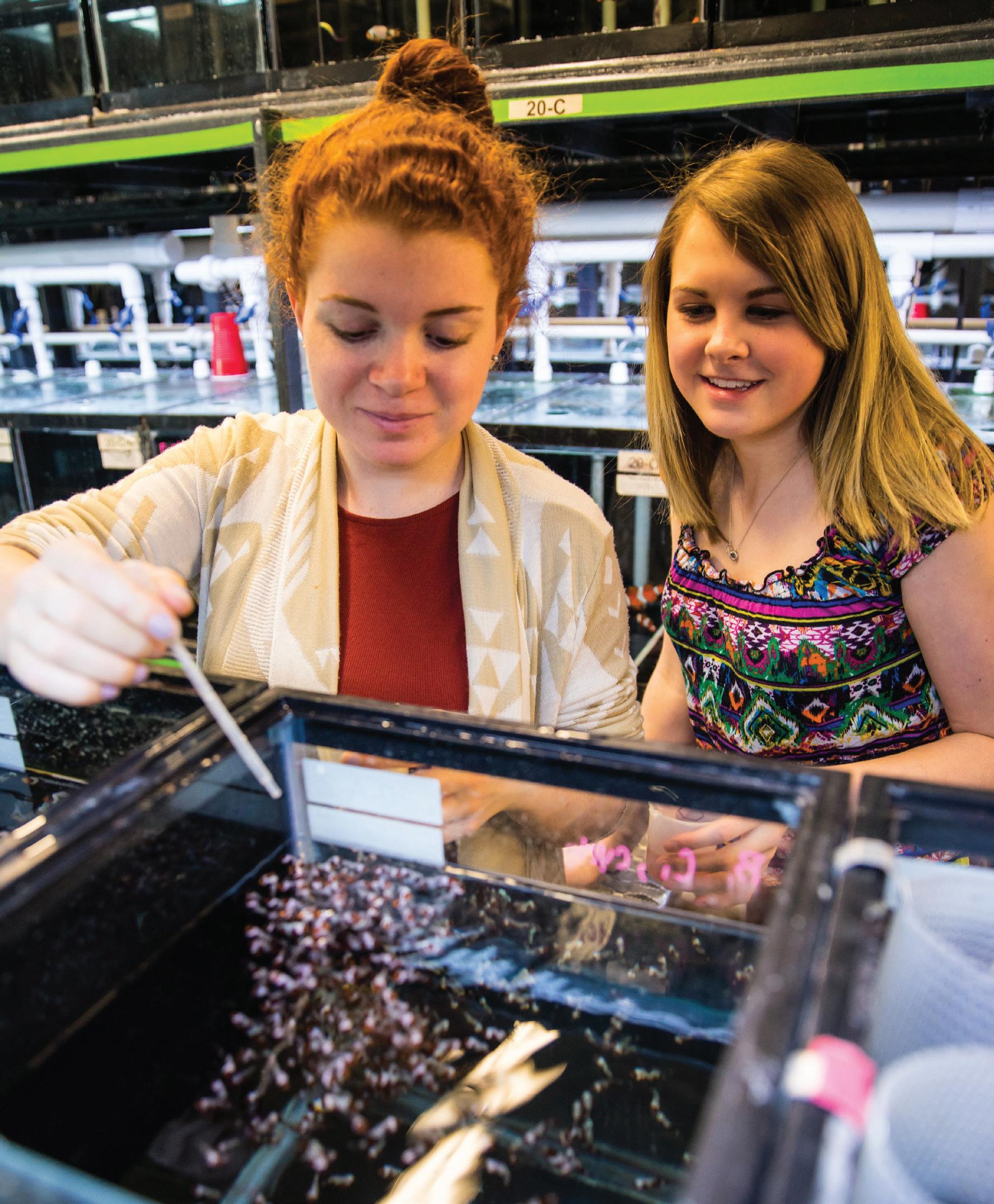
4 minute read
Hands-on experience
Feinstein School of Social and Natural Sciences
The School of Social and Natural Sciences develops skills in analytical thinking, research methods, quantitative reasoning, and sociocultural learning in the social and natural sciences. The school boasts an esteemed faculty of experienced and credentialed scholars and practitioners from across the country and around the world. No matter your major, the school is committed to training scientists and critical thinkers from day one. That means that as an undergraduate, you’ll get the opportunity to conduct field science, collaborate with faculty on real research projects, and present research at national conferences.
Learn more at rwu.edu/go/SSNS
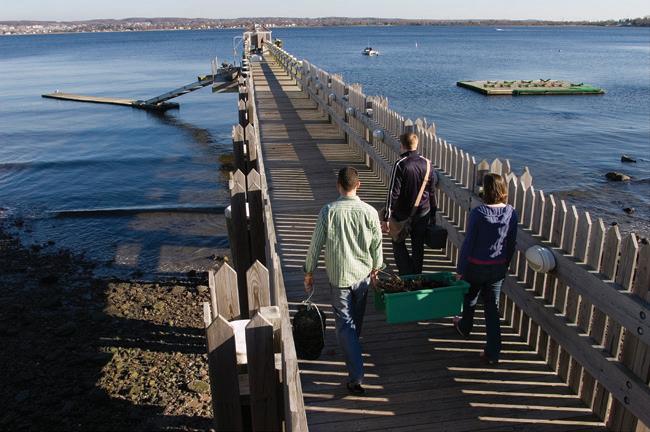
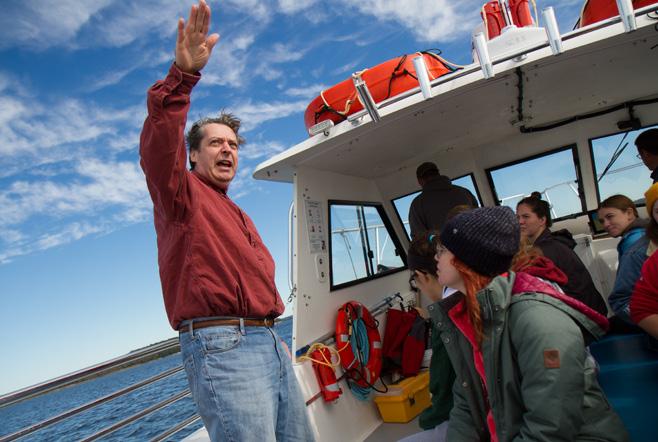
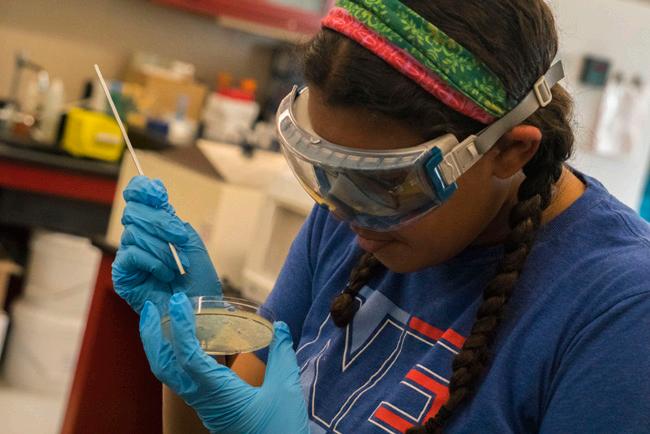
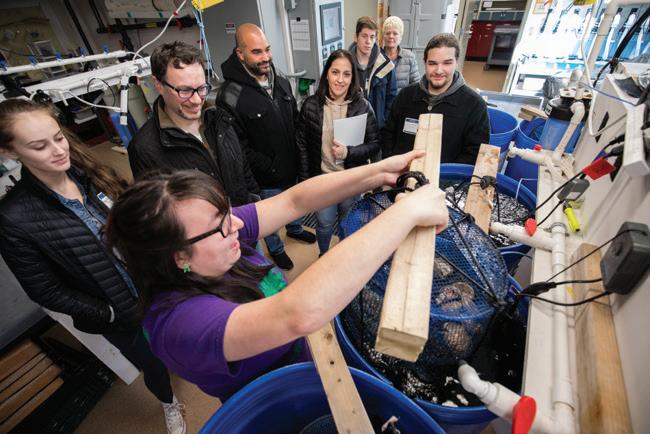
I got to do a lot of hands-on projects really early on. I’ve been doing psychology research since the beginning of my sophomore year. Because it’s a smaller school, you have the opportunity to be able to take a class with a professor and have them ask you to participate in their research.”
- Abby Maxwell ’20
Graduate Student at American University, Washington, D.C. Majors: Psychology and International Relations
100% OF SSNS STUDENTS ARE OFFERED A VARIETY OF OPPORTUNITIES TO PARTICIPATE IN COMMUNITY-ENGAGED PROJECTS, INTERNSHIPS, OR WORK ON INDEPENDENT RESEARCH PROJECTS.
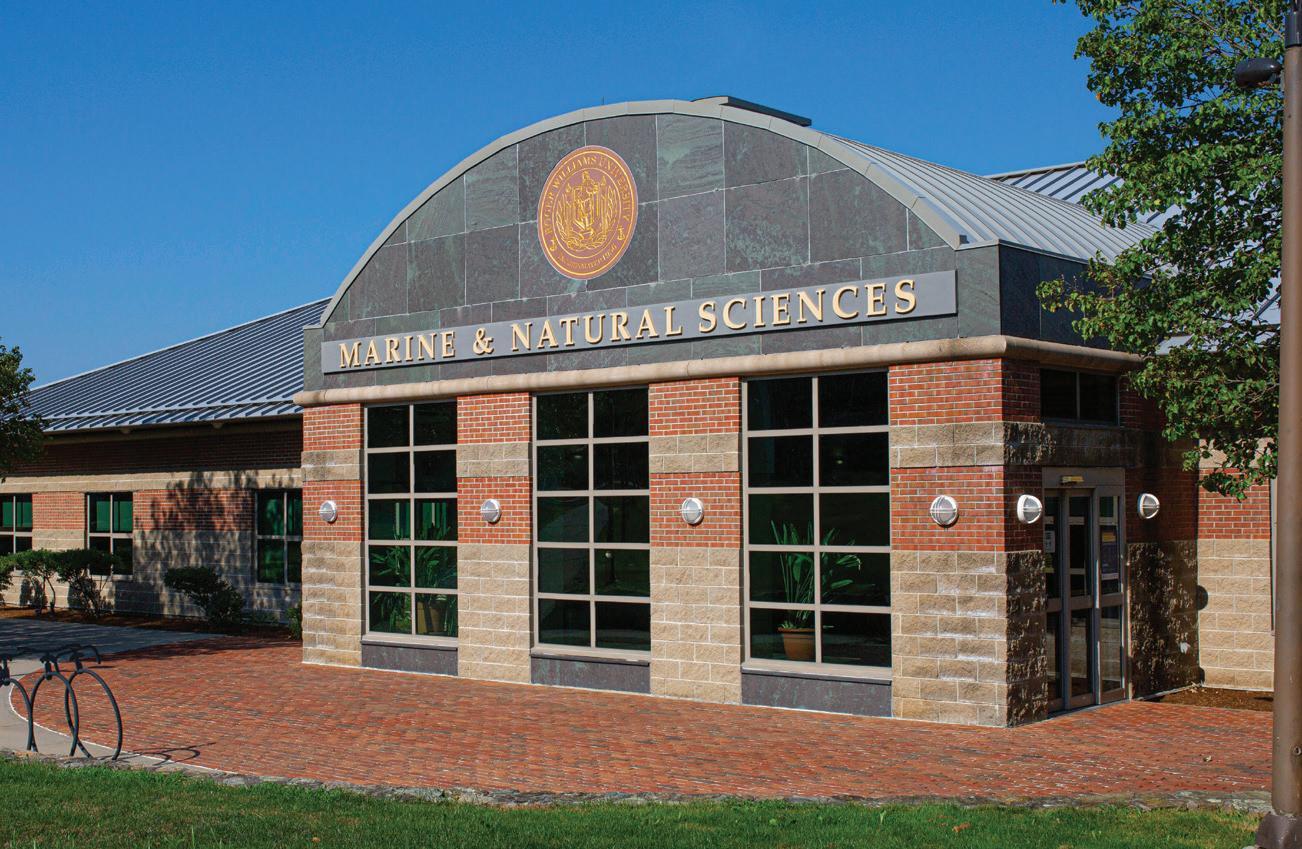

CONTRIBUTING TO SPACE EXPLORATION: What’s cooler than contributing
research for a NASA mission to Mars? As an Applied Math and Biology double major, Hien Ngo ’18 conducted NASA-funded research at RWU to design the interior of a Mars rover. She might one day see her spaceship fly! Hien completed her Master’s in Education at Boston University and is currently a Science Fellow at City on a Hill Charter Public Schools in Boston.
EVEN WITH THE CHALLENGES OF THE PANDEMIC, 90% OUR 2020 SSNS GRADUATES FOUND SUCCESS IN EMPLOYMENT OR IN GRADUATE SCHOOL WITHIN 6 MONTHS OF THEIR GRADUATION.
RESOURCES FOR YOUR SUCCESS
• With saltwater drawn straight from the bay, our state-of-the-art shellfish hatchery and tropical fish aquaculture facilities provide boundless opportunities to pioneer research and technology development alongside faculty members.
• Unique learning opportunities abound in the social and natural sciences.
Political Science majors leverage local and national elections to conduct exit polling and gain handson experience working on political campaigns, while psychology majors analyze data from real patients on a variety of factors that influence psychological well-being.
• A grant from the National Science
Foundation launched RWU’s experiential learning research vessel, where an entire class can discover hands-on lessons about coastal ecosystem dynamics, draw water samples for a physics project, or collect soil to analyze trace chemicals for a chemistry class.
• Research alongside faculty such as math majors investigating
Parkinson’s disease using graduatelevel mathematics and working with faculty on a multi-year NASA project to design a manned spaceship that can land on Mars.
Make an impact
RWU will constantly remind you that you are part of something larger than yourself. From the first day you arrive on campus you’ll begin addressing social justice issues through advocacy and art, and working on innovative research and engaged projects that solve problems that matter deeply to our communities. You’ll be empowered to work with community partners to create change. At RWU, we’re not just creating great scholars – we’re creating great citizens.
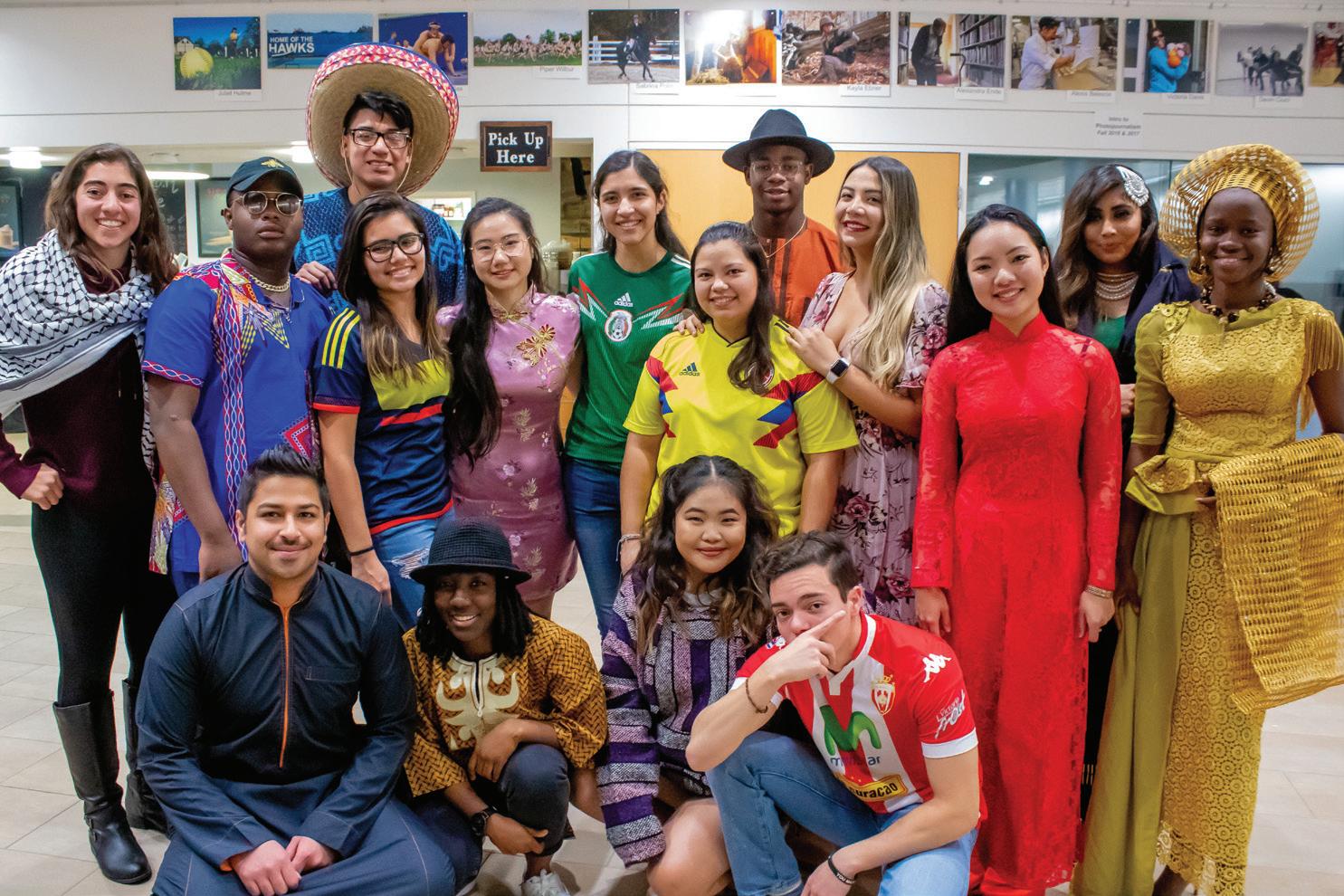
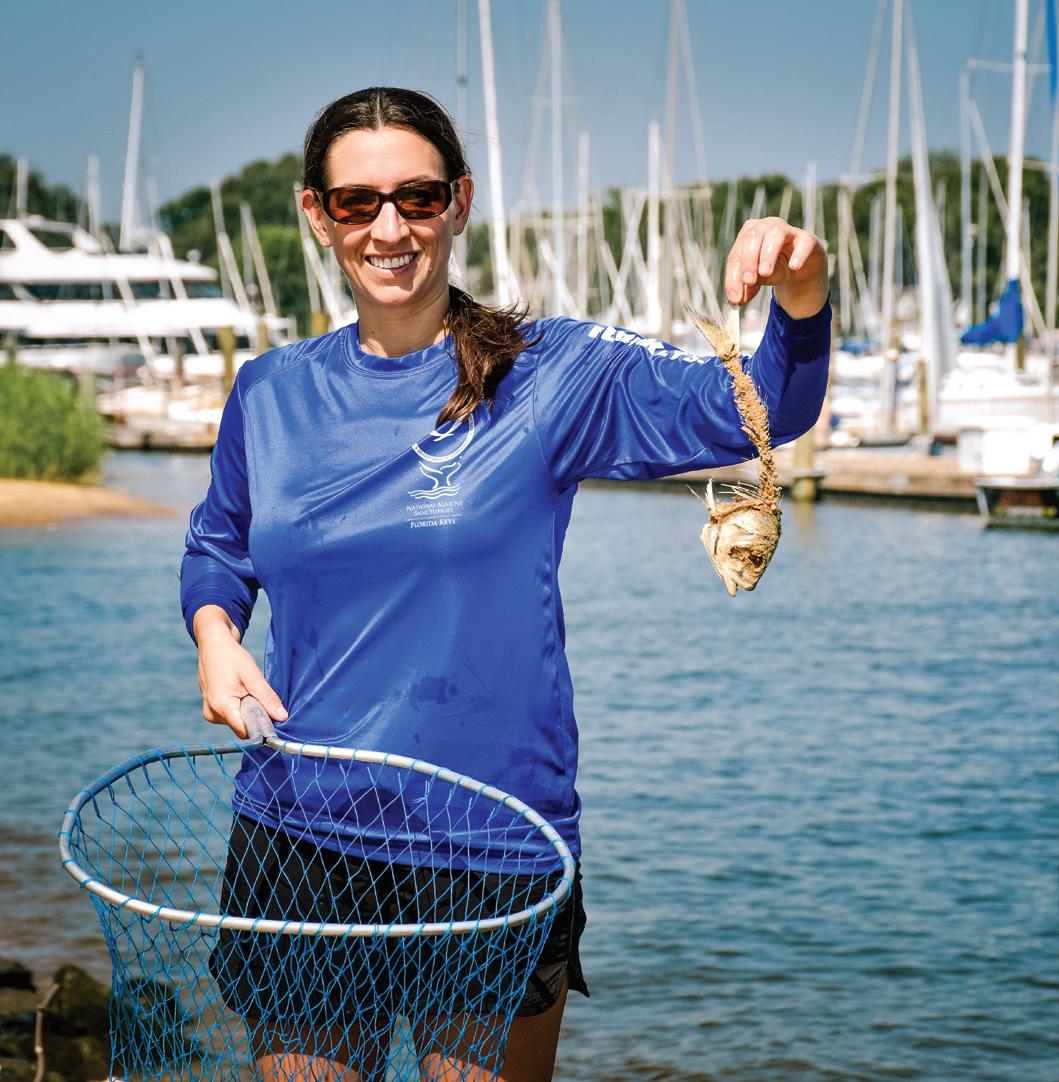
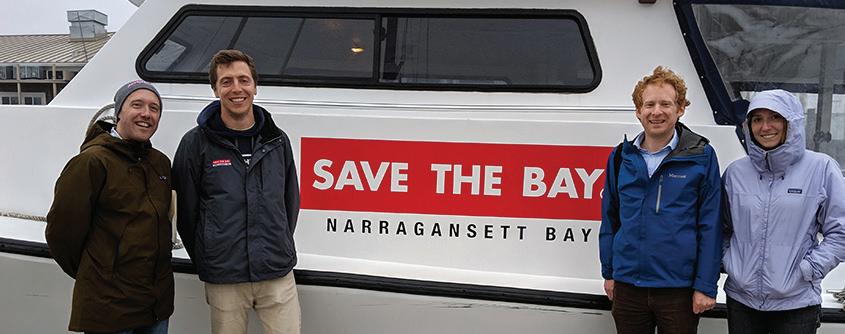
In 2020, RWU received the highly-selective Carnegie Community Engagement Classification, recognizing the University as a leader in community-engaged work and civic scholarship. RWU is one of only two institutions in Rhode Island, and one of only 359 colleges and universities nationally to hold this classification.
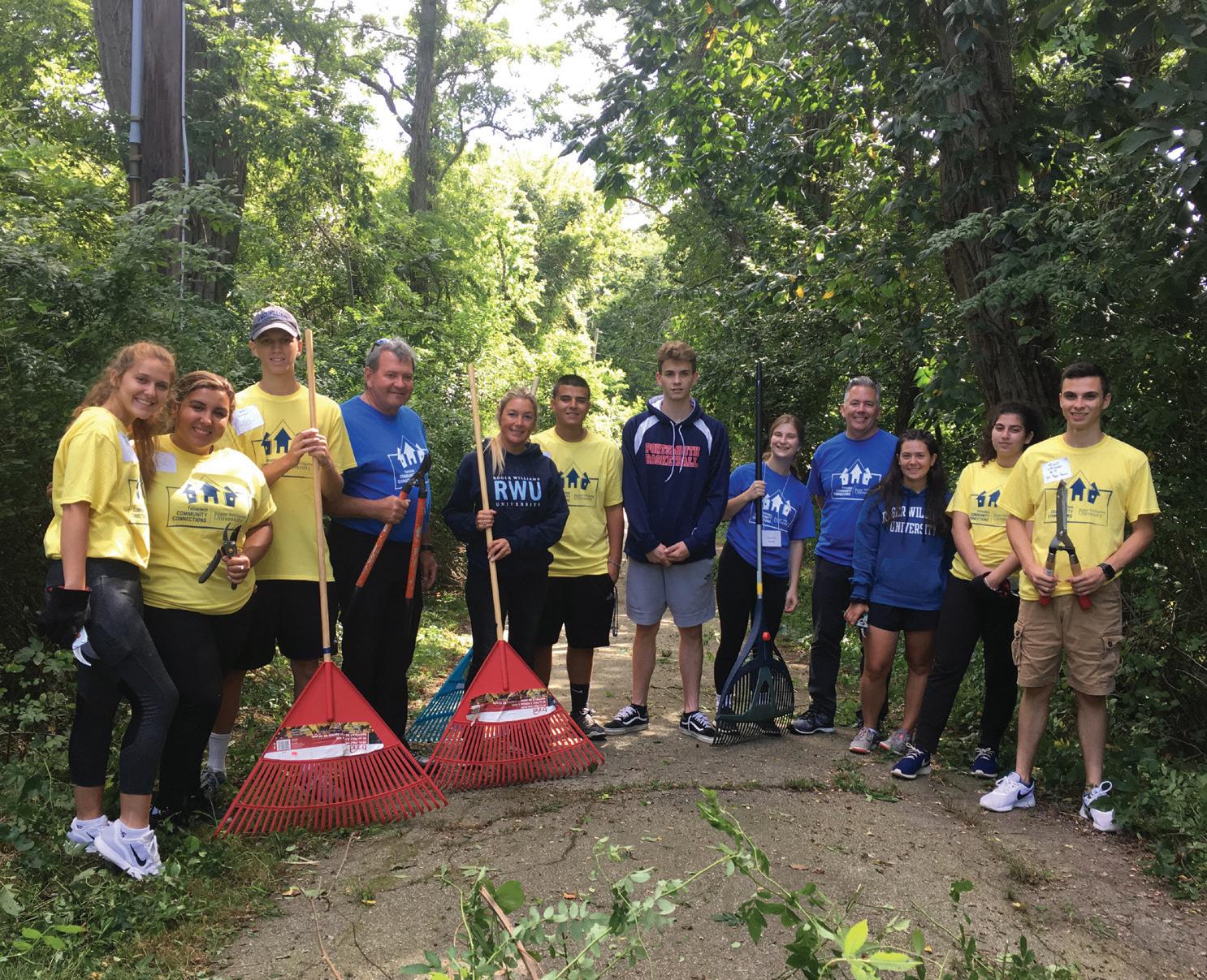
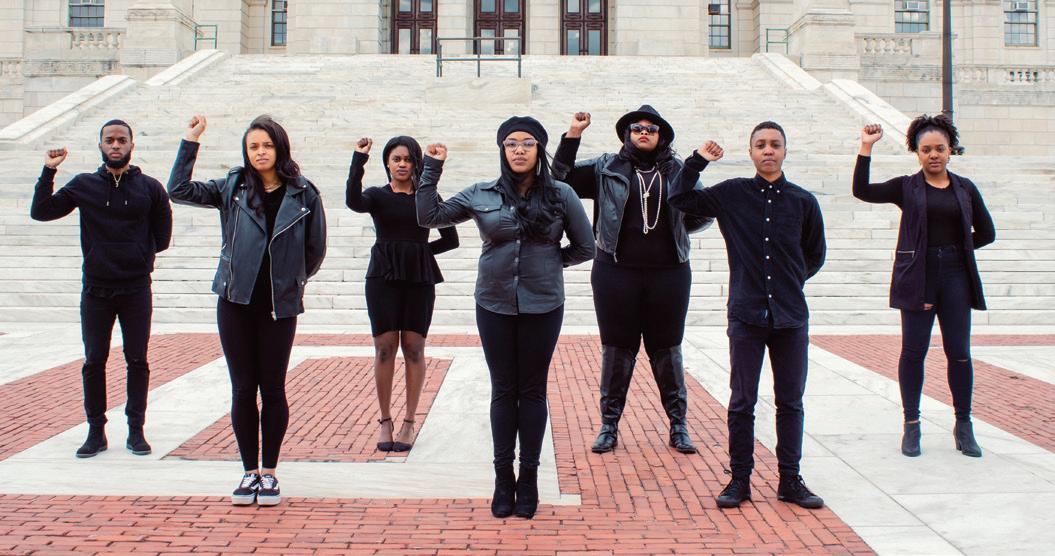

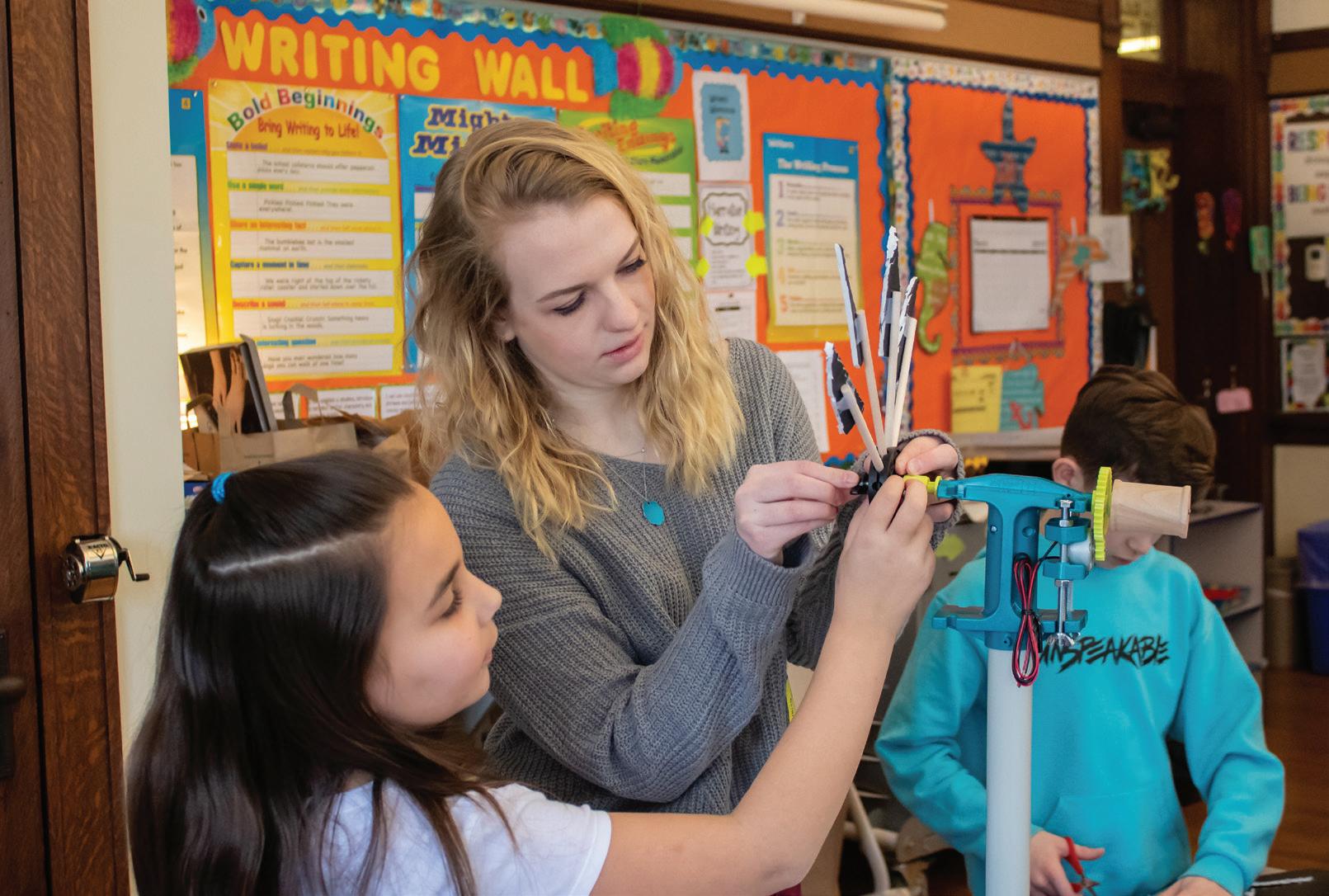

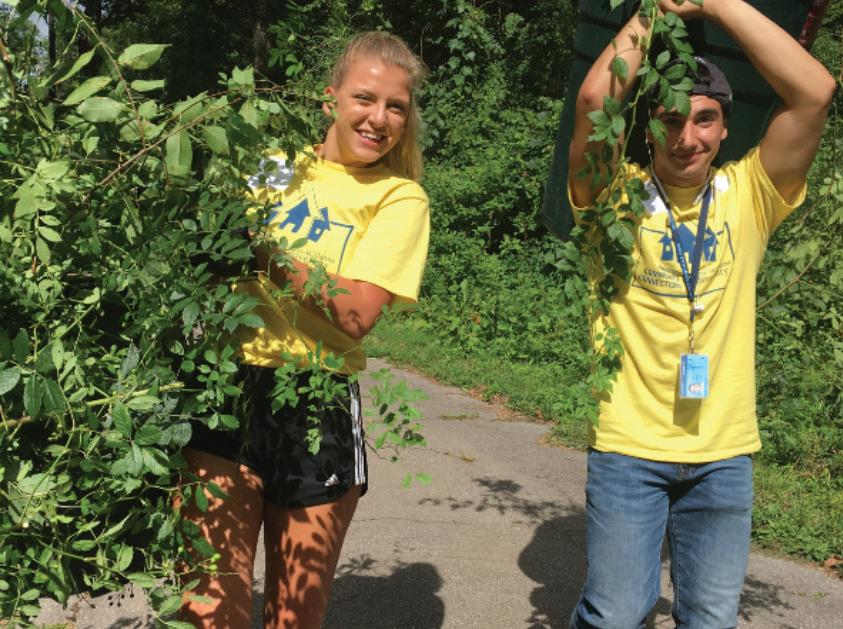
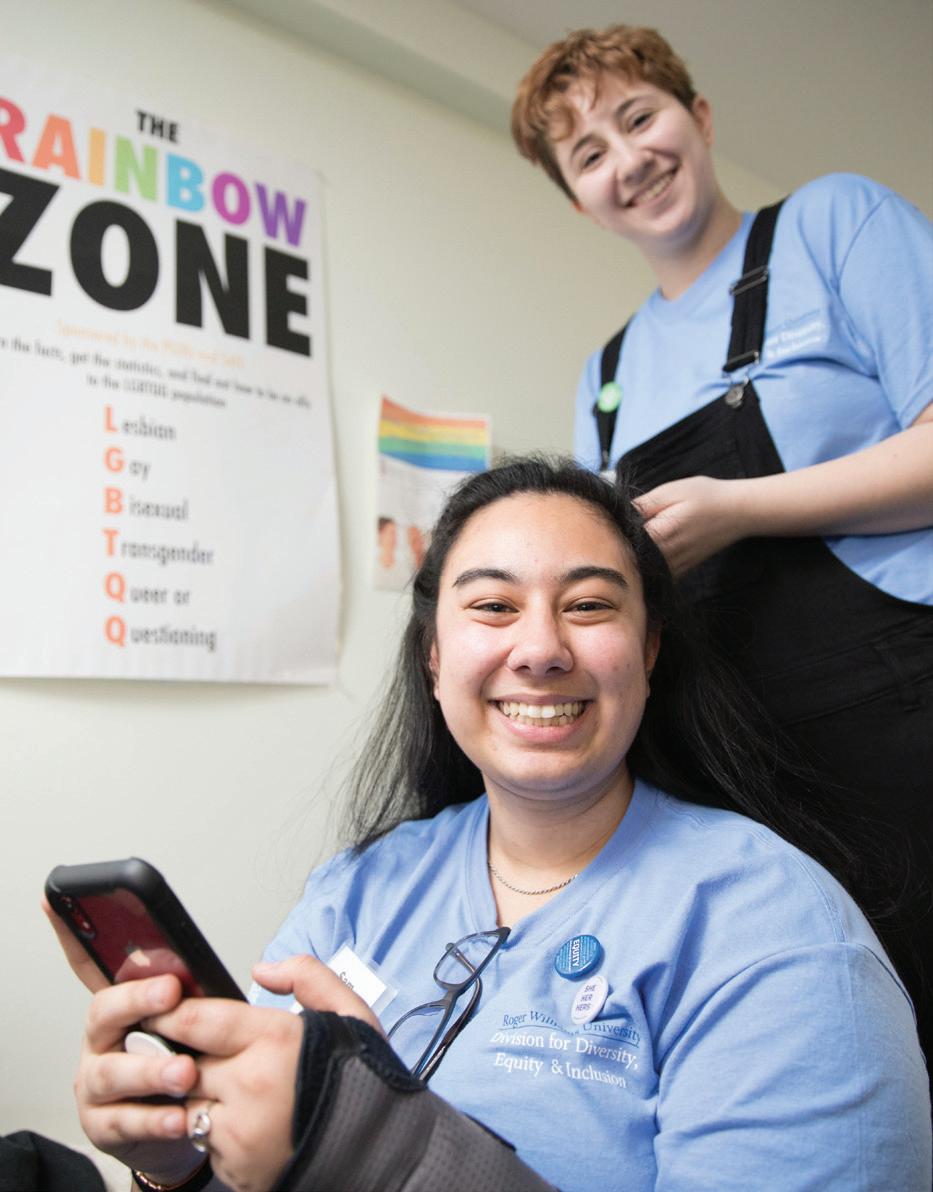
COMMON BONDS
Community engagement begins on day one. During fall orientation and across the first-year students discuss keys ideas around ethical community engagement. At RWU, you’ll have a deeper understanding of surrounding communities, their assets and challenges, their diverse populations and complex histories, and the types of organizations that support and strengthen them. From volunteer opportunities through the Feinstein Center or our many clubs and organizations; to courses across the curriculum involving community engagement; to public service internships; to engaged research projects, students are exposed to a full range of community service and engagement opportunities.
GROUP PROJECTS
The RWU Community Partnerships Center (CPC) helps our faculty create RWU courses that include real-world projects that challenge you to solve actual problems for organizations and partners in the field. Through CPC projects, you’ll earn credit while you learn to work effectively as a part of a team and recommend plans of action for community organizations.
FORGING YOUR OWN PATH
Once you’ve had experience with group settings and community engagement, it’s time to spread your own wings. Internships, research projects, and student theses all become ways for you to leave your mark on a project or organization.









